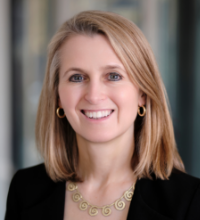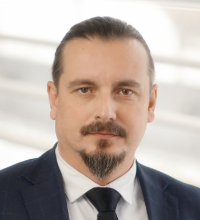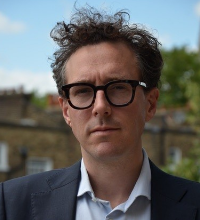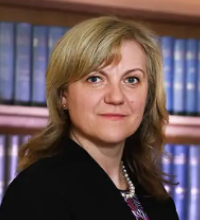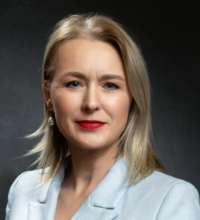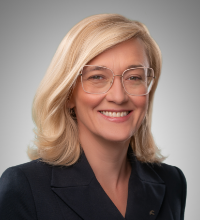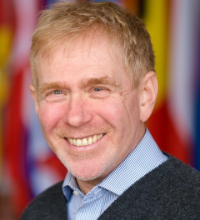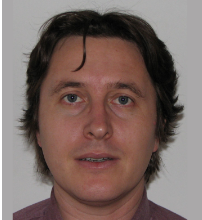Moderator 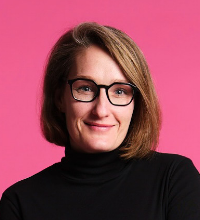
Zuzanna Nowak
The Opportunity Institute for Foreign Affairs
Zuzanna Nowak is Director of Analysis at The Opportunity Institute for Foreign Affairs and an expert at the Ignacy Łukasiewicz Institute for Energy Policy. Her work focuses on energy security, energy transition, and multilateral climate diplomacy.
She provides strategic advice and analytical support to a broad range of stakeholders, including EU institutions, national governments, energy companies, and research organisations. Her professional experience spans the Polish Institute of International Affairs (PISM), where she led energy policy work, as well as senior roles at PGNiG, the National Centre for Nuclear Research, and the Polish Member Committee of the World Energy Council.
She graduated from Sciences Po Paris and the College of Europe in Bruges. In addition to her advisory roles, Zuzanna is a seasoned moderator of high-level conferences and policy dialogues. She contributes as an expert to NATO’s Independent Scientific Evaluation Group (ISEG), evaluates innovation funding applications for the European Innovation Council, and was featured on the Forbes Women 2025 list of the most influential women in Polish energy.
Panelists
.png)
Michael A. Mehling
Massachusetts Institute of Technology
Michael Mehling is Deputy Director of the MIT Center for Energy and Environmental Policy Research and a Professor at the University of Strathclyde Law School. For over two decades, he has worked on climate policy design and implementation at the intersection of energy, environmental, trade and financial market policy, advising policy makers in over a dozen countries, testifying before or briefing legislators in the U.S., the U.K., and the EU, and serving as an expert in several climate litigation and arbitration cases. In these issue areas, he has helped launch a number of initiatives, serving as a founding board member, inter alia, of the European Roundtable on Climate Change and Sustainable Transition (ERCST) in Brussels, the Blockchain & Climate Institute (BCI) in London, and the Ecologic Institute in Washington, DC, as well as the founding editor of Carbon & Climate Law Review (CCLR), the first academic quarterly journal focused on climate law and regulation. His research has been published in leading peer-reviewed journals in international law, environmental law and policy, and climate and energy law and policy, and his subject-matter expertise has featured in mainstream media outlets including Bloomberg, The Economist, Financial Times, Globe and Mail, National Public Radio, NBC News, New York Times, USA Today, Wall Street Journal, and Washington Post. Trained as a lawyer (LL.M.; Ph.D.), he is a German and American citizen, and has lived for extended periods in Europe, the United States, and Latin America.
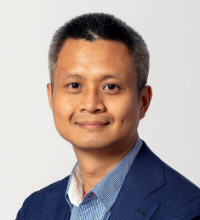
Kong Chyong
Oxford Institute for Energy Studies
Dr. Kong Chyong is an applied energy economist and policy analyst with a strong background and more than fifteen years of experience applying economics and operational research methods to energy and climate policy questions. Kong graduated from the University of Cambridge with an MPhil in Technology Policy and a PhD in Energy Economics and Policy. His research interests include energy system economics and modelling to understand deep decarbonisation pathways, large-scale power market modelling, economic modelling of global gas and LNG markets, geopolitics and economics of Russian natural gas exports, and Russo-Ukrainian bilateral relations. His PhD topic concerned Russia’s strategic natural gas export policy and Gazprom’s pipeline investment strategy. Before his studies at Cambridge University, Kong was a researcher at the National Academy of Sciences in Ukraine.
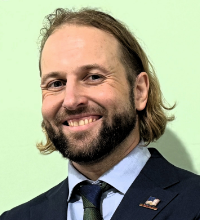
Maciej M. Sokołowski
Keio University/University of Warsaw
Maciej M. Sokołowski, PhD, DSc, is a specially appointed associate professor at the Faculty of Policy Management of Keio University, also affiliated with the Faculty of Law and Administration at the University of Warsaw. Professor Sokołowski has extensive experience in energy law and the energy sector; he has authored 100 papers and reports on the energy sector, including three solo books on energy regulation, combined heat and power, and the energy transition. Professor Sokołowski is a fellow of several institutions and networks, including the Sustainability College Bruges, the SI Network for Future Global Leaders, the Polish Electricity Association, the Australian Network for Japanese Law, the Japan Association of EU Studies, and the Japan Society of Public Utility Economics. He has been awarded numerous distinctions, including the Swiss Government Excellence Scholarship, the Swedish Institute Visby Programme scholarship, and the Prime Minister of Poland’s Research Award. In 2024, Professor Sokołowski was named one of Stanford University’s “World’s Top 2% Scientists”. He is also a Lead Author by the Intergovernmental Panel on Climate Change for the Special Report on Climate Change and Cities, being responsible for Chapter 4: "How to Facilitate and Accelerate Change".



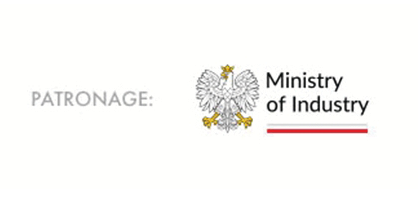
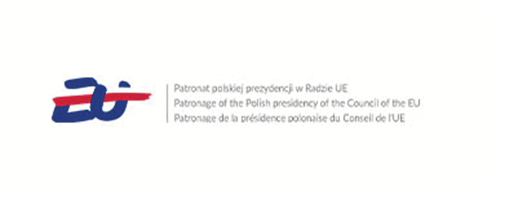

.png)


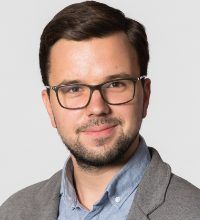
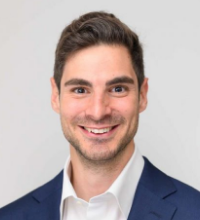
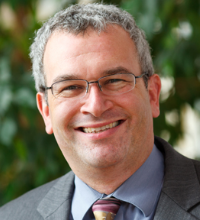
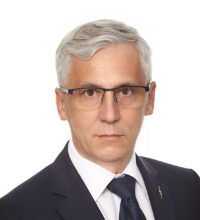
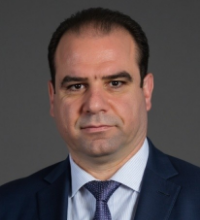
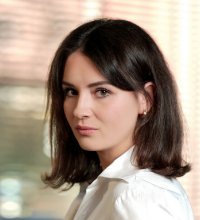
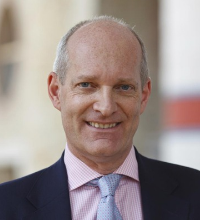

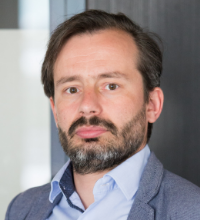
_1.png)
